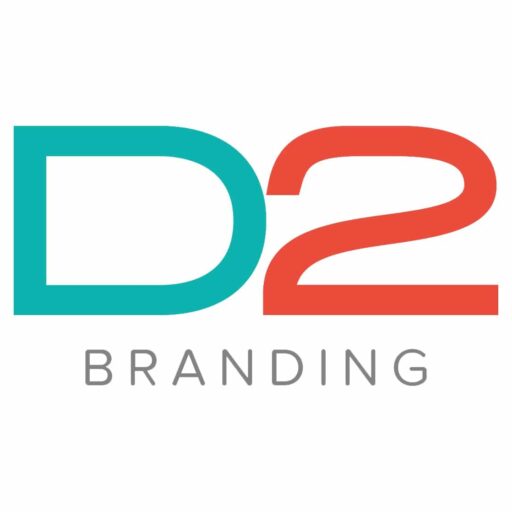Achieving a top position on Google for relevant industry keywords can be a game-changer for your business. However, many people often wonder whether they should focus on SEO (Search Engine Optimization) or Google AdWords (now known as Google Ads) in their marketing plan. The answer lies in understanding your specific business goals, target audience, and budget.
In this blog post, we’ll explore the pros and cons of each approach and help you determine the best strategy for your marketing plan.
Search Engine Optimization (SEO)
SEO involves optimizing your website and content to rank higher in search engine results pages for specific keywords and phrases. It’s a long-term strategy that requires ongoing effort and patience. The benefits of SEO include:
- Long-term traffic and leads: By investing in SEO, you can generate sustainable, organic traffic without additional costs. Once you’ve optimized your website, you can continue to rank well for relevant keywords over time.
- Targeted traffic: SEO attracts highly qualified visitors who are actively searching for information or solutions related to your business. Ranking well for specific keywords ensures that you reach the right audience.
However, SEO also has its drawbacks. Achieving good results with SEO takes time, and may take several months or even years of consistent effort before you see noticeable results. It also requires continuous monitoring of changes in the search engine algorithm so you can maintain your ranking.
Google AdWords (Google Ads)
Google Ads is a pay-per-click (PPC) advertising platform that allows you to bid on keywords and display ads at the top of search engine results pages. It can offer immediate results and advantages. Some of these advantages include:
- Quick traffic and leads: With Google Ads, you can start driving traffic to your website within a short period of time, which makes it ideal for businesses needing quick results or who don’t have a well-established online presence.
- Targeted advertising: Google Ads allows you to target specific keywords and audiences, which ensures that your ads reach people actively seeking relevant information or solutions relating to your industry.
However, Google Ads also has its challenges. When compared to SEO, Google Ads can be more expensive, especially when you’re bidding on competitive keywords or targeting a big audience. It’s also an ongoing investment — successful Google Ads campaigns require continuous investments to stay competitive.
Comparing SEO and Google Ads
When deciding which strategy to prioritize, you should consider the following factors:
- Budget: SEO can be a cost-effective option in the long run because it creates sustainable traffic without additional costs. On the other hand, Google Ads is more suitable for businesses with larger budgets or those seeking quick results.
- Timeline: If you have time to invest in marketing efforts and seek long-term results, SEO is the smarter choice. If you need immediate leads or sales, or have an upcoming deadline, Google Ads can deliver quicker outcomes.
- Target audience: Determine whether your target audience actively searches for information or solutions related to your business. If they do, SEO can be highly effective in attracting them. However, if your audience doesn’t engage in active search, neither approach will yield significant results.
Deciding whether to focus on SEO or Google Ads depends on your specific needs, goals, and resources. For many businesses, a combination of both strategies might yield the best results. To make an informed decision, consider your budget, timeline, and target audience.
If you’d like an SEO or Google Ads audit for your business, contact D2 Branding in Tulsa digital marketing agency in Tulsa
today. We’ll help you tailor a marketing plan that maximizes your online presence and drives success. Remember, whether it’s SEO or Google Ads, a well-crafted marketing strategy is key to winning in the digital landscape.

